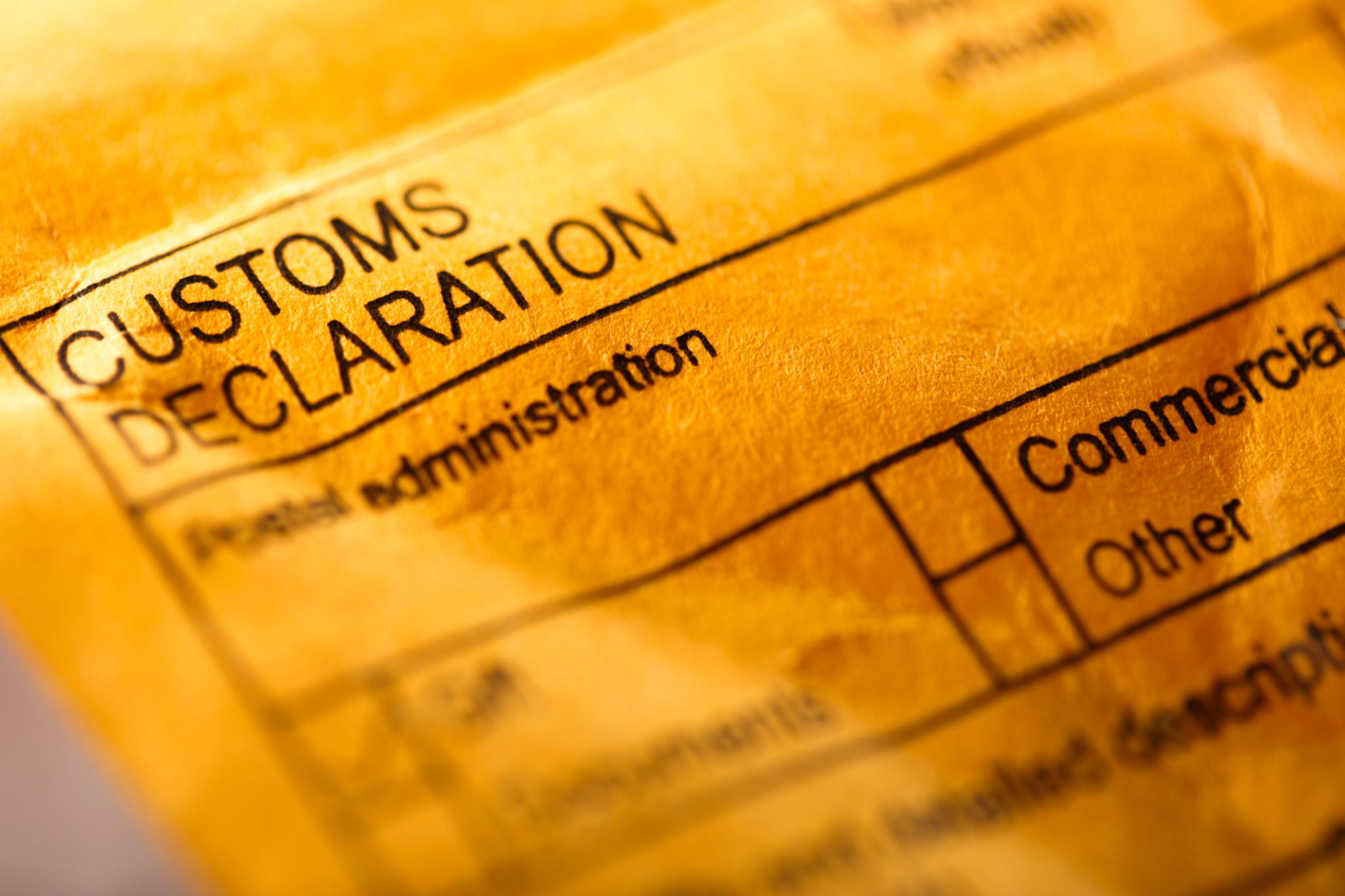Mastering Customs Clearance in the UAE: Essential Tips for Businesses
Understanding the Basics of Customs Clearance
Customs clearance is a critical component of international trade, acting as a gateway for goods entering or leaving a country. In the United Arab Emirates (UAE), this process is particularly streamlined due to the country's strategic focus on trade and logistics. However, businesses must still navigate various regulations and protocols to ensure smooth operations. This blog post aims to provide essential tips for mastering customs clearance in the UAE, helping businesses avoid delays and additional costs.

Key Documentation Requirements
One of the foremost aspects to consider is the documentation required for customs clearance. Accurate and complete documentation is essential to avoid unnecessary delays. In the UAE, the following documents are typically required:
- Commercial Invoice
- Packing List
- Certificate of Origin
- Bill of Lading or Airway Bill
- Import/Export License
Ensuring all documents are in order before shipping can significantly expedite the customs process.
Description and Classification of Goods
The description and classification of goods also play a vital role in customs clearance. Using the correct Harmonized System (HS) codes is crucial for determining duties and taxes. Incorrect classification can lead to fines or shipment delays. Businesses should invest time in understanding the classification system or consult experts to ensure accuracy.

Understanding Duties and Taxes
Another essential aspect of customs clearance is understanding the applicable duties and taxes. The UAE has specific duty rates that vary based on the type and value of goods. Being aware of these rates helps in budgeting and avoiding unexpected costs. Additionally, businesses should explore any available exemptions or reductions, particularly for free trade agreements or specific types of goods.
Leveraging Technology for Efficiency
Technology plays a significant role in simplifying customs procedures. The UAE has implemented several digital platforms that facilitate smoother interactions with customs authorities. Utilizing these platforms can help businesses track shipments, submit documents electronically, and receive real-time updates on the status of their goods. Staying updated with technological advancements is crucial for maintaining efficiency in customs clearance.

Partnering with Experienced Agents
Partnering with experienced customs brokers or agents can be invaluable for businesses unfamiliar with the intricacies of UAE customs. These agents have a deep understanding of local regulations and can provide guidance on best practices, ensuring compliance and reducing the risk of errors. Selecting a reliable partner can save time and resources while enhancing overall business operations.
Preparing for Potential Challenges
Despite thorough preparation, challenges may still arise during the customs clearance process. It's essential for businesses to have contingency plans in place to address issues such as shipment delays, document discrepancies, or unexpected regulatory changes. Being proactive in problem-solving can minimize disruptions and maintain business continuity.

Conclusion: Streamlining Your Customs Experience
Mastering customs clearance in the UAE requires a comprehensive understanding of regulations, documentation, and technological tools. By following these essential tips and leveraging available resources, businesses can streamline their customs processes, minimize delays, and focus on core operations. As the UAE continues to be a global trade hub, staying informed and prepared will ensure long-term success in international trade ventures.